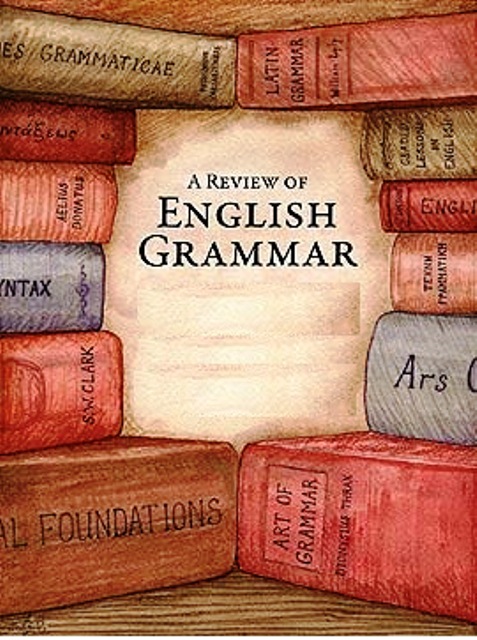
Suplemento Educativo
Spelling Rules, Part I: Single and Double Consonants
Reglas de Ortografía, Parte I: Consonantes Simples y Dobles
Por Kate Grim-Feinberg
June 2012 La ortografía del inglés puede ser abrumadora incluso para los hablantes nativos, y más todavía para los hispanohablantes que están acostumbrados a un idioma con ortografía mucho más regular. En los próximos suplementos, les voy a presentar algunas reglas de ortografía en inglés que les pueden ayudar a descifrar las palabras que leen y hacerse entender al escribir.Las reglas
1. Las letras h, k, j, v, x, y nunca se doblan.
CORRECTO: have, bath, look, kick, job, fox, axis, oxen, day, playing
INCORRECTO: hhave, bathh, lookk, kkick, jjob, foxx, axxis, oxxen, dayy, playying
2. Las palabras nunca se inician con doble consonante.
CORRECTO: Words never start with double consonants.
INCORRECTO: Wwords nnever sstart wwith ddouble cconsonants.
3. Las consonantes f, l, s, z se doblan al final de las sílabas que contienen una vocal corta.
Las vocales cortas son las que se pronuncian de forma más abierta y tienden a ser más difíciles de pronunciar para hispanohablantes. Para más explicación y práctica, estudia los siguientes videos:
·http://www.youtube.com/watch?v=tQwQ7FWL4MM (“Short Vowel Sounds” por DickBriggs)
·http://www.youtube.com/watch?v=vdtNMum3epQ (“Short vowel sounds – American English Pronunciation Introduction” por SeattleLearning)
CORRECTO: stiff, Jeff, well, ill, grass, miss, jazz, buzz
INCORRECTO: stif, Jef, wel, il, gras, mis, jaz, buz
4. Cuando un sufijo que empieza con una vocal (ed, ing) se agrega a una palabra de una sílaba que termina con una vocal y una consonante, se dobla la última consonante.
CORRECTO: hop = hopping. Run = running. Stop = stopped.
Bag =bagged
INCORRECTO: hop = hoping. Run = running. Stop = stoped.
Bag = baged
5. Cuando un sufijo que empieza con una vocal (ed, ing) se agrega a una palabra de una sílaba que termina con e se borra la e, y la última consonante se mantiene en forma simple.
CORRECTO: hope = hoping, name = naming, joke = joked,
save = saved
INCORRECTO: hope = hopping, name = namming, joke = jokked,
save = savved
Ejercicios de práctica
Elije la palabra que está escrita correctamente.
1. a) moving b) movving c) mmoving
2. a) clif b) cliff c) clipp
3. a) hoped b) hopp c) hhop
4. a) bel b) let c) kis
5. a) pott b) bedd c) fizz
6. a) bakking b) kissing c) writting
7. a) loved b) mised c) huged
8. a) leaff b) will c) meall
9. a) roof b) staf c) stuf
10. a) typped b) cookked c) stuffed
11. a) boatting b) beatting c) betting
12. a) peeled b) toastted c) needded
Identifica las palabras mal escritas de cada frase.
13. I was writting and reading last night.
14. Stop leting the dog in.
15. She loves going to bed and geting up early.
16. It’s rainning, it’s pouring. The old man is snorring.
17. They are always huging and kising.
18. Kids like to hopp and jump in the gras.
19. Bees buz and children run.
20. Let’s skipp class.
Respuestas: 1. a; 2. b; 3. a; 4. b; 5. c; 6. b; 7. a; 8. b; 9. a; 10. c; 11. c; 12. a; 13. writing; 14. letting; 15. getting; 16. raining, snoring; 17. hugging, kissing; 18. hop, grass; 19. buzz; 20. skip
COPYRIGHT 2012La Voz, Cultura y noticias hispanas del Valle de Hudson
Comments | |
| Sorry, there are no comments at this time. |

